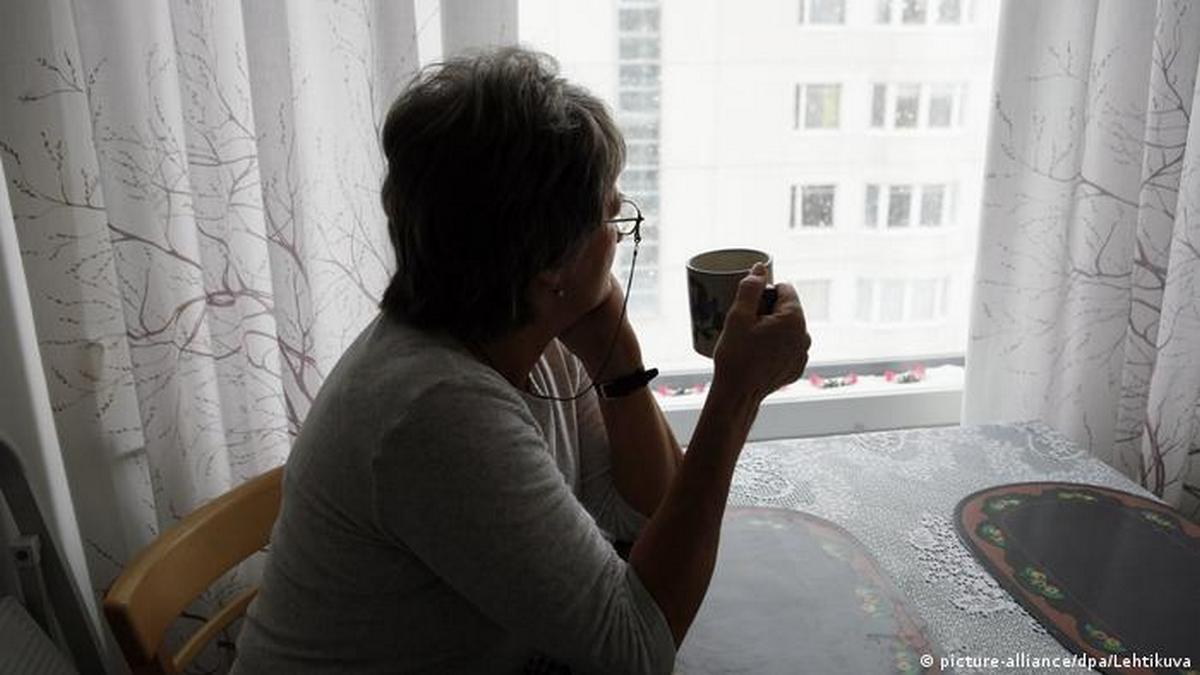The coronavirus pandemic caused a boomerang effect. Lack of work and support deprives many of their independence and self-confidence.
Six years have passed since Faisal Sharif lived with his parents. At the age of 18 he left his parents’ house to study. During his six years of absence, he traveled extensively around the world, working and starting a family. But later, at the age of 24, he had to return to the hotel “mom” – though not of his own volition. “There were times when I felt I had failed,” he admits.
Faisal says that in addition to studying at Imperial College, London attracted him with many leisure opportunities. “But suddenly London became like a dead city,” he said. The pandemic calmed down – even his scientific practice was abolished, and all sorts of meetings with friends and celebrations became unthinkable.
Boomerang effect
Many of Faisal’s classmates returned to their homelands because they could not afford to stay in isolated London with its high rents. And Faisal had no choice.
“We have no data across Europe, but we know that in Croatia before the pandemic 44% of young people lived with their parents, and after the start of the pandemic their share increased to 78% . We think the trend is similar in other countries, “said Meral Noor of the European Students’ Union.
The pandemic has seriously affected young people, as many of them are forced to return to their parents. “For them, this situation means a loss of independence,” said Manon Deschamps of the European Youth Forum.
The picture in Europe is very different
Even before the pandemic, there were serious differences between European countries. According to EU statistics, it has always been normal in the Scandinavian countries to live independently at an early age, but in southern and south-eastern Europe it is a completely different culture. “Each region has its own special financial and cultural framework,” said Meral Noor.
Young people choose not to divorce their parents for various reasons due to the peculiarities of the local labor market, personal comfort or traditions. However, regardless of the circumstances, it is clear that a certain group of young people suffer the most from the situation, says Nur: “Those who are somewhat marginalized, such as members of the LGBTI community, have the greatest difficulty returning to their parents,” she said. There is also great potential for tensions in low-income socially disadvantaged families.
Italian Julia did not dare to leave her parents’ house for a long time, although it was very difficult for her to live under the same roof with her parents during isolation. The student could not find additional work during her studies, and she felt obliged to take care of her old mother.
“I didn’t dare to leave. I didn’t seem to want to take care of my mother,” she said, adding that children in Italy live with their parents for a long time. Her brother is 30 years old, he helps to support his family financially and has no plans to move at all. Julia, however, dares to take such a step: she has been living in the house since the end of last year.
Lack of independence creates problems
Jennifer Caputo of the University of Chicago studied the so-called “boomerang child” phenomenon in the United States. She found that young people who chose to return to their parents because of a pandemic were most at risk for mental disorders, including depression.
“Financial and social independence is very important for the transformation of young people into adults. The same with a private house. Without these factors, you may feel uncomfortable that you have failed,” says Jennifer Caputo.
Source: DW

